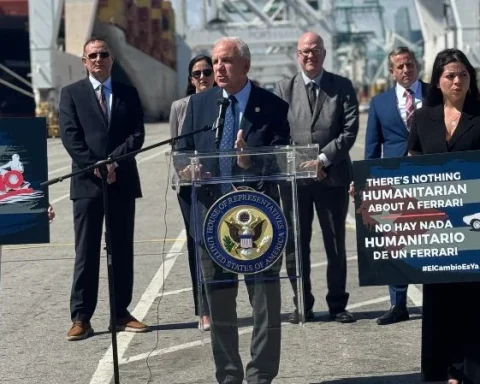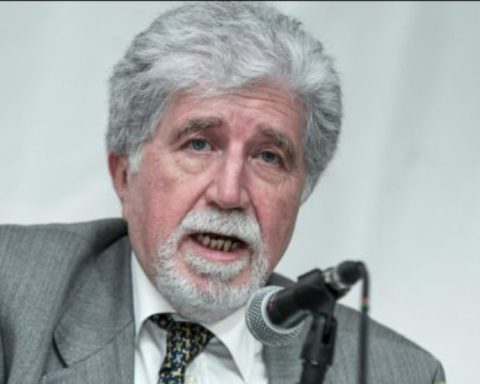The president of the United States, Joe Biden, remains today with lower than expected acceptance rates due to internal problems, such as inflation.
Recent polls reveal apparent American support for the administration’s handling of the conflict in Ukraine, but that is not reflected in the president’s popularity.
A commentary in The Hill newspaper indicates that national inflation concerns are wreaking havoc with the Democratic Party’s efforts to maintain control of both houses of Congress in the midterm elections in November.
A Wall Street Journal poll shows Biden’s overall approval standing at 42 percent and 63 percent of those surveyed disapproved of the way the ruler deals with rising prices.
Similarly, a survey by Navigator Research found that 43 percent support the management of the Oval Office occupant and 49 percent disapprove.
Although most of these studies indicate a favorable reception from the Americans to Washington’s attack on Moscow for its military operation in Ukraine, the same sanctions imposed by the White House against the Eurasian country curb the popularity of the chief executive.
The Biden administration, in an effort to cripple the Russian economy, sanctioned several Russian banks, revoked special trade status, cut off certain imports, attacked oligarchs and officials, and banned the purchase of oil from the Eurasian nation.
The White House is trying to hold Russia responsible for the domestic problems that affect it most in the hope that a measure like the ban on oil imports won’t hurt Democrats at the polls in the long run.
Make no mistake, rising gas prices are largely the fault of Vladimir Putin, the Russian president, Biden said Monday at the National League of Cities Congressional Cities Conference.
The expectation of the president’s advisers is that the level of acceptance will begin to rise in the coming weeks as the economic recovery and progress regarding the Covid-19 pandemic become more permanent.
However, experts warn that Biden’s bet on attacking Moscow may be counterproductive in the medium term and have a high political cost for the Democrats in their interest to remain at the head of both legislative chambers.
















